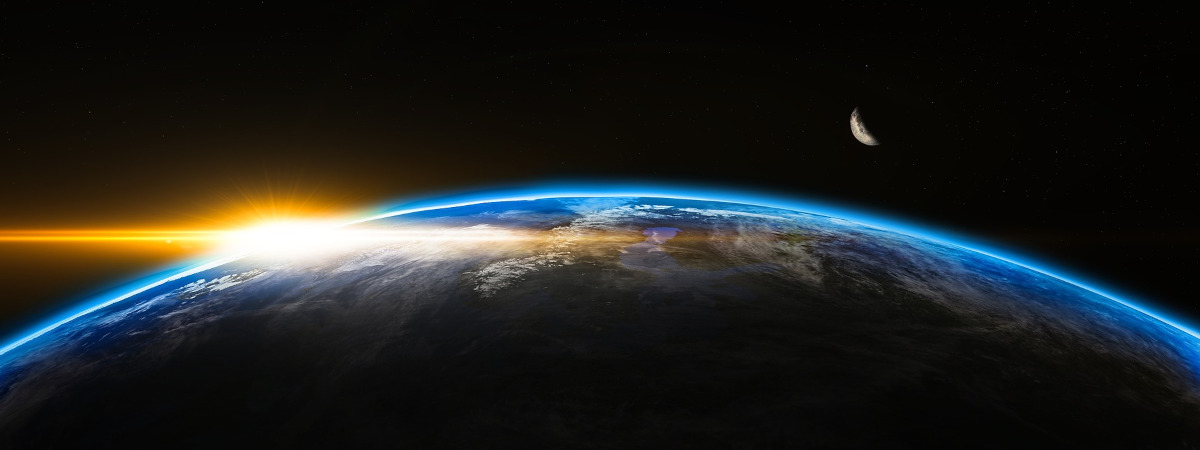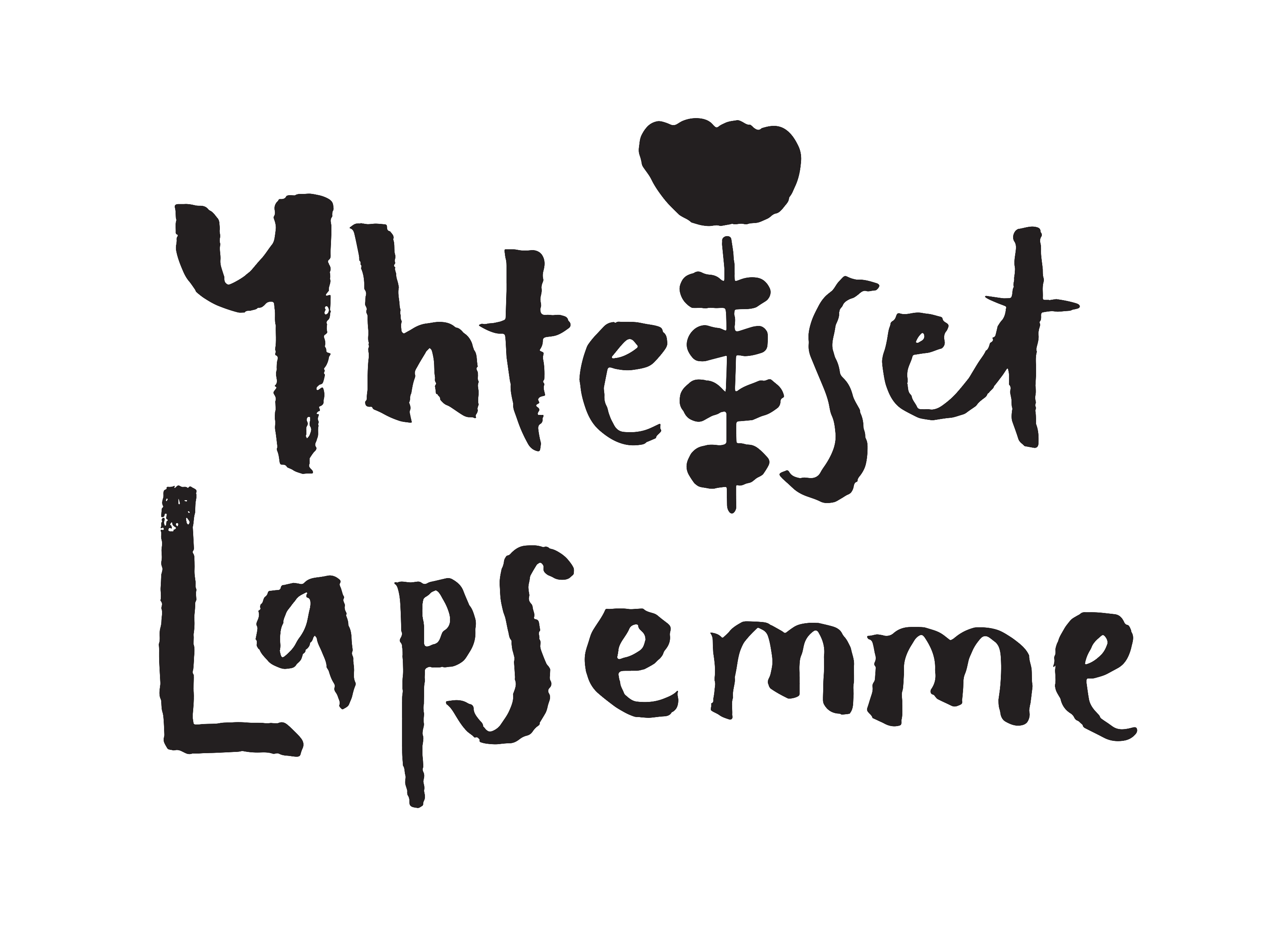 06/06/2022 - Ihmisoikeudet, Moninaisuus, Pakolaisuus, verkkolehti
06/06/2022 - Ihmisoikeudet, Moninaisuus, Pakolaisuus, verkkolehti
Yhteiset Lapsemme 2/2022: Refugees, Welcomed or Not Welcomed?
Written by Ershad Noorzai Balkhi
The thirteenth century Persian poet Sa’di wrote this verse:
Human beings are members of a whole,
In creation of one essence and soul.
If one member is afflicted with pain,
Other members uneasy will remain.
If you’ve no sympathy for human pain,
The name of human you cannot retain!
In the last two years, the world has witnessed a most challenging time. The pandemic, a sign of bigger impending problems, showed us that we are entering a frightening era of our human history. As the pandemic was barely ending, a new shock came to Europe. Ukraine was attacked by Russia. To people already overwhelmed by the pandemic, and many still mourning the loss of dear ones, the war added further anxiety, depression and trauma.
It has indeed been a sorrowful time for many in Europe. But, for Afghans, the tragedy and suffering did not start with the 2020 pandemic or the 2022 war between Russia and Ukraine. Afghans have been carrying the suffering of invasions for four decades now. Just as Ukraine was attacked by Russia, the Afghanistan crisis also started with Russia invading Afghanistan in 1979. Since then, Afghanistan has become a zone of proxy wars, conflicts, and endless atrocities. This country has been invaded two times by global powers, once by Russia and once by the USA, and two times by its own neighbours. This makes Afghanistan a unique case, having been beaten up by the West and the East equally. In August of 2021, a new dark page was turned in Afghanistan’s history. The Taliban, after twenty years, took over the country again. Since then, hundreds of thousands of Afghans have been trapped inside the country. People who worked in the Afghan army and police, or had any contact with Westerners, are in grave danger of being killed by the Taliban at any time. But, in spite of the fact that the world knows that genocide can happen in Afghanistan at any time, they have chosen to forget the Afghan people. This has not much to do with domestic issues, but more with whose lives matter and whose lives do not matter.
Coming back to the Pandemic and the war in Ukraine, when the pandemic started, many hoped that this would become a lesson for humanity to realize how much our world is interdependent. Many hoped that people would recognize that a catastrophe in one place will eventually affect people in other parts of the world. Many hoped that when the war started in Europe, it would give a glimpse of what people go through when their country is at war.
Unfortunately, the pandemic and the war has not taught these hoped-for lessons. When the war started in Ukraine, we began to witness a double reaction toward refugees in Europe. Suddenly, those who hated refugees became lovers of refugees and said to the Ukrainians, “You are welcome here.” Of course, that is good, and that is how it should be. But, why are there two different approaches to refugees? Why are European nations against the refugees of certain countries, and at the same time welcome the refugees of other countries. The typical answer is always that Ukraine is our neighbor. There is some truth in this statement, but it is not the whole reason. It is important for European nations to reflect on their values and ethics, and find the other reasons for these two different reactions towards refugees.
Certain universities in Finland announced that Ukrainian students can study in the university without entrance exams and without providing proof of language proficiency. But if you are a student refugee from Afghanistan, for example, you would not have this right, even though your education was also disrupted as you fled from a war. If an Afghan refugee wishes to study in Finland, he needs to go through all the procedures of passing the entrance exams and language proficiency tests.
In the same way, some universities in Finland put forward an idea that they will have a special fund for Ukrainian professors and researchers to be able to do research and get paid when they come as refugees in Finland. But, if you are a professor from Afghanistan and wish to do research, the system will not allow you. Instead, you will be pushed to get a cleaning job or something similar. For myself, I was told that I will have a tough time finding a job in Finland. And the strange reason I was given was that I will not be able to find a job because I am highly educated.
Looking at these things, one might wonder, are we entering an “apartheid refugee system”? It is very likely that the refugees who have come here, Ukrainians and non-Ukrainians, will not go back to their own countries. They will make Finland their home. If the way these refugees are welcomed is through an “apartheid system”, and if the Finnish society does not address this unjust system, in the long run we will witness a silent apartheid state. This would be extremely shameful and sad for a democratic and progressive country like Finland.
Let me explain a bit more about an “apartheid refugee system”. The best example is Gandhi, when he went to South Africa. The white people in South Africa and the Indians living there were both foreign immigrants. Those in power built a segregated system based on color. For example, a white man could sit in the first-class seat of a train. But, a man of color was not allowed. Gandhi wrote of his own experience of buying a ticket for a first-class seat on a train. On the way, he was thrown out of the train because he refused to leave his first-class seat. Is it wrong for a white man to be able to sit in a first-class seat? No, it is not. But it is wrong to refuse to allow a man to have a first-class seat simply because of his color. In the same way, it is great that Ukrainians are welcomed and can study, research, or be given shelter. But it is wrong that the same treatment is not given for other refugees based on their skin colour or nationality.
The other consequence of this double standard is the issue of integration. Integration is not a one-way street. It is two-way street. If refugees are welcomed and supported, they will integrate quickly and well. If they are discriminated against, and not given the same opportunities, they will not be able to integrate well. When refugees do not integrate well, obviously, this becomes a problem for the whole society. If Finland accepts refugees and treats differently them based on their nationality and color, they have to keep in mind the long-term impact this will have on integration.
The other side of the coin is the image of Finland abroad. Finland and many European countries are seen around the world as countries where there is democracy, equality, and freedom. In the last twenty years, Finland and other European countries have been teaching and preaching democratic values to Afghanistan. When Afghan refugees in Finland see that they are treated differently based on their nationality, they might wonder what happened to those values of democracy, freedom, and equality.
Finally, the war in Ukraine and the flood of refugees to Europe showed one more thing. It has shown that European countries can accept and take care of refugees. It is a matter of who they want to take care of and who they do not want. Let’s hope that we have learned the lesson from the pandemic and realize that humanity is one family, with one home, our planet. When part of humanity suffers, the suffering will sooner or later reach other members as well. Hopefully, knowing this, we will extend our love and compassion to everyone in pain and need.
The writer is a philosopher and historian who grew up in Afghanistan and is now based in Finland.
Takaisin aihealueeseen: Ihmisoikeudet, Moninaisuus, Pakolaisuus, verkkolehti
